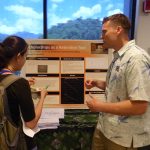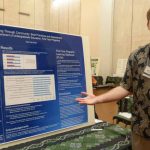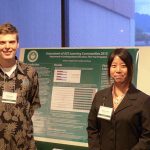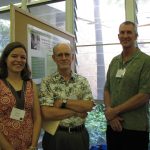Scholarships as a Retention Tool
This study employed propensity score matching and regression analysis to determine whether or not a retention scholarship pilot …


This study employed propensity score matching and regression analysis to determine whether or not a retention scholarship pilot …

Access to College Excellence (ACE) at UHM provides a series of first year programs that serve approximately 25% …

Access to College Excellence (ACE) at UHM provides a series of first year programs that serve approximately 25% …

From fall 2007 to spring 2009, the UH Writing Mentors Program has reached approximately 1,300 students across 70 …

First-Year Programs (FYP) utilizes multiple approaches to assess student learning outcomes and program success. Institutional data are used …